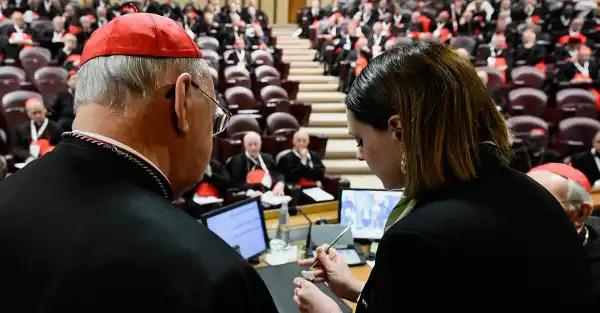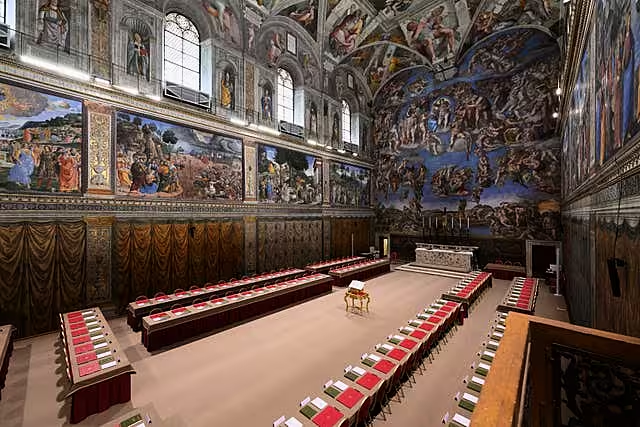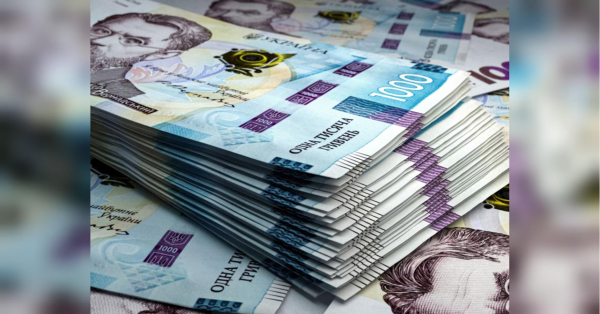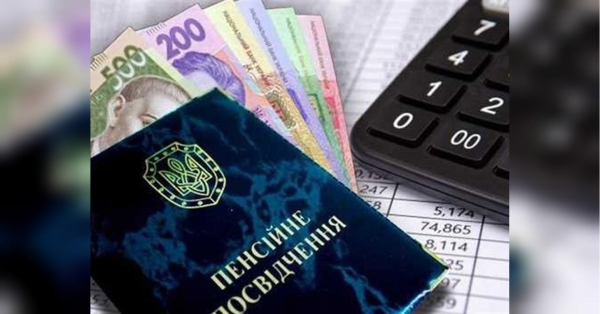
Cardinals elected to choose a new pope to lead the Catholic Church have been told their decision is of “exceptional importance.”
The 133 voters gathered in St Peter's Basilica on Wednesday for a special Mass before heading to the Sistine Chapel for a secret conclave to choose the new head of the Church.
In keeping with centuries-old tradition, they will be isolated from any outside communications while they participate in the anonymous voting process.

All eyes will be on the Vatican to see what colour smoke will emerge from the specially installed chimney of the Sistine Chapel: black means a pope has not yet been elected, while white confirms the choice of Pope Francis' successor.
If the first vote is held on Wednesday, it will not begin until midday, but up to four votes can be held that day.
In order for a candidate to be elected, he or she must receive two-thirds of the votes.
Addressing the cardinals dressed in red vestments, Cardinal Giovanni Battista Re said: “We are gathered here to call upon the Holy Spirit to help us, to ask Him for light and strength so that the Pope-elect will be the one the Church and humanity need in this difficult and complex time in history.
“Prayer to the Holy Spirit is the only correct and appropriate attitude to adopt when the cardinal electors are preparing to carry out an act of supreme human and ecclesiastical responsibility and to make a choice of exceptional importance.
“This is a human act in which all personal considerations must be put aside, and in the mind and heart there must be only God Jesus Christ and the good of the Church and humanity.”
The Pontiff is considered to be the person called to succeed Saint Peter, the first Pope.
The conclave is considered one of the most diverse of all previous cardinal gatherings, with representatives from some 70 countries, including Mongolia, Sweden and Tonga, which had never had a cardinal before.
Pope Francis has appointed about 108 of the 133 cardinals who will choose his successor.
Cardinal Battista Re noted that the new Pope must promote a sense of unity: “the unity of all Christians with Christ; the unity of bishops with the Pope; the unity of bishops among themselves.”
He added: “This is not a self-centred communion, but a communion that is entirely oriented towards interaction between people, nations and cultures, with the concern that the Church always remains ‘a home and school of communion’.”
He noted that there is a “pressing need to preserve
Sourse: breakingnews.ie






